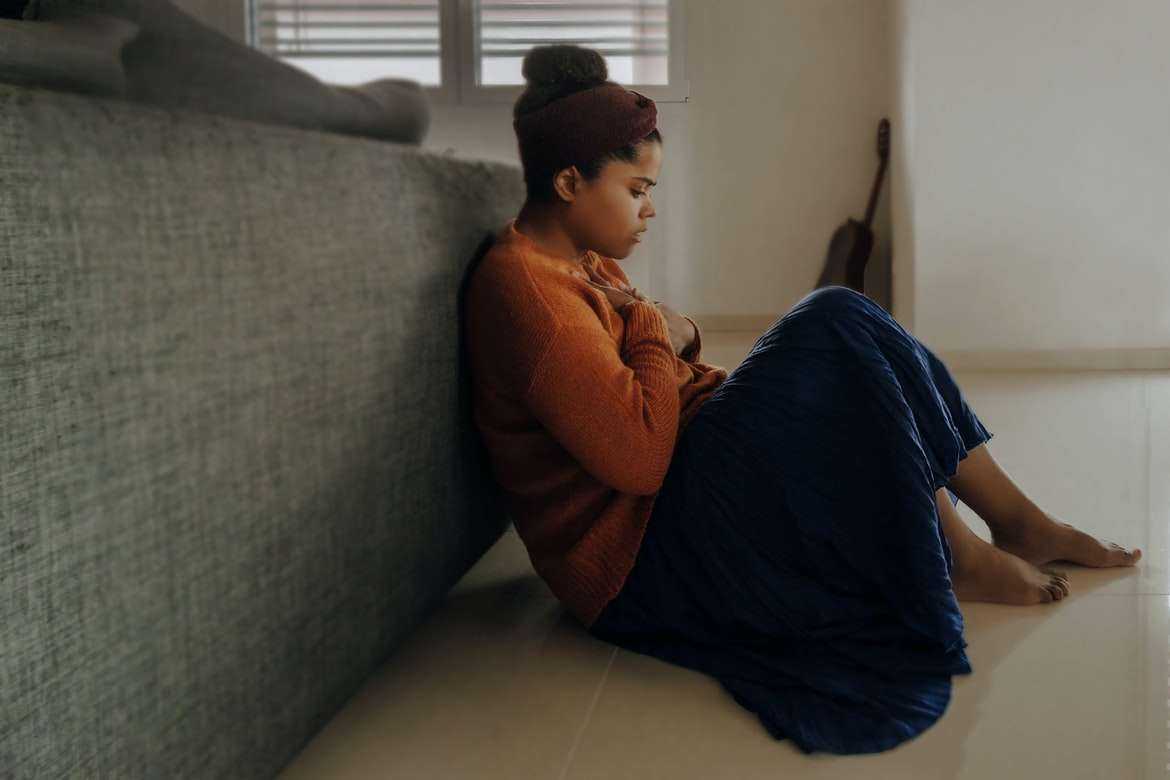on
BY SIMONE J. SMITH
“Our study shows a sharp rise in depression and anxiety as a result of lockdown. These are challenges which cannot be undone overnight. Tackling them will require significantly greater resources to ensure those who need it can access psychological support. Psychological support is not cheap, and services have notoriously been underfunded.” Dr Gemma Taylor (University of Bath)
I want you to take some time to assess yourself while reading this article. I want you to take in what you have been feeling, or trying not to feel over the last couple of years. What have you noticed? At times you might have asked yourself, “Why do I feel so sad,” or “Why do I feel so angry?” You might have even asked yourself, “Why am I so exhausted all the time?” Have you noticed that it has been hard to focus on school or work?
It has been a tough couple of years for all of us, and more research is coming out highlighting the mental health impacts that lockdowns have had on people around the globe. Even if you think that you are doing okay, there might be things that happen out of your conscious state that could affect you in the long run.
You have been feeling sad, and for good reason. Look at the state of the world. You might have lost loved ones during the pandemic. Then of course there is all the confusion with the lifting of restrictions, then closures; mask rules, home-schooling, and of course, the fear of actually getting COVID-19. Many of us are grieving our old sense of normal and not even realizing how much it has affected us.
center>
The global pandemic has created the perfect storm for what psychologists call situational depression. Unlike clinical depression, this type of sadness is often triggered by a traumatic or stressful event or change in your life.
You might have experienced episodes of situational depression in the past without even knowing what it was. Let’s take a look at the triggers and see if there is anything that relates:
- A divorce or other relationship issue
- The death of a friend, family member, or even pet
- Moving
- The loss of a job
- Family problems or fights
- Retirement
- Having a baby
- Experiencing a natural disaster or crime
- An illness or difficult diagnosis
- Work or school issues
- A car accident
- A global pandemic
A detailed systematic review, conducted by psychologists at the University of Bath and published in the British Journal of Clinical Psychology, suggests that depression and anxiety levels in the UK jumped markedly as a consequence of restrictions and isolation.
The prevalence for diagnosed depression pre-pandemic was around 4% of the population, this rose to 32% following lockdown (a jump of nearly 28%). Diagnosed cases of anxiety, which were around 5%, increased to 31% (a jump of over 26%).
The research team, who reviewed data from 14 separate studies involving 46,158 participants, say that heightened levels of depression and anxiety have manifested with people increasingly struggling to think clearly or to sleep.
They say some of the possible causes correlate to increased social isolation, uncertainty about the state of the world, and being under a constant perceived threat of illness or death. And, whilst the Covid lockdown two years ago may seem just a memory now, the team argue that future potential lockdowns could lead to a long-standing problem which urgently needs to be addressed.
Researchers are calling for greater evidence-based psychological interventions, like Cognitive Behavioural Therapy (CBT). They say it is vital that policymakers and mental health services double their efforts to monitor mental health and provide interventions to support those in need.
Lead researcher, Dr Gemma Taylor from the University of Bath, explained: “We all know the dramatic toll lockdown had on our lives, and two years on it’s a moment to pause and reflect on what some of the long-standing effects this period has had on our mental health.”
With the election coming up in June, I really hope to see our elected officials take into consideration the long term effects that will start to slowly manifest over the next few years. There are no quick fixes to this issue. Each community, each culture, and each individual handles the topics surrounding mental health illnesses differently, and there must be systems put in place to address these issues and provide the support needed.
Stay in the loop with exclusive news, stories, and insights—delivered straight to your inbox. No fluff, just real content that matters. Sign up today!
We, as humans are guaranteed certain things in life: stressors, taxes, bills and death are the first thoughts that pop to mind. It is not uncommon that many people find a hard time dealing with these daily life stressors, and at times will find themselves losing control over their lives. Simone Jennifer Smith’s great passion is using the gifts that have been given to her, to help educate her clients on how to live meaningful lives. The Hear to Help Team consists of powerfully motivated individuals, who like Simone, see that there is a need in this world; a need for real connection. As the founder and Director of Hear 2 Help, Simone leads a team that goes out into the community day to day, servicing families with their educational, legal and mental health needs.Her dedication shows in her Toronto Caribbean newspaper articles, and in her role as a host on the TCN TV Network.













